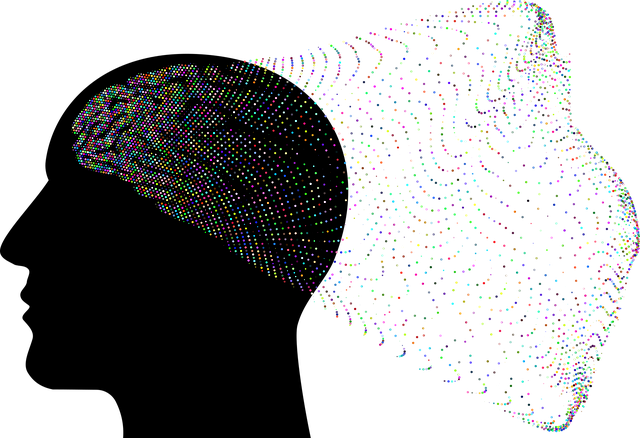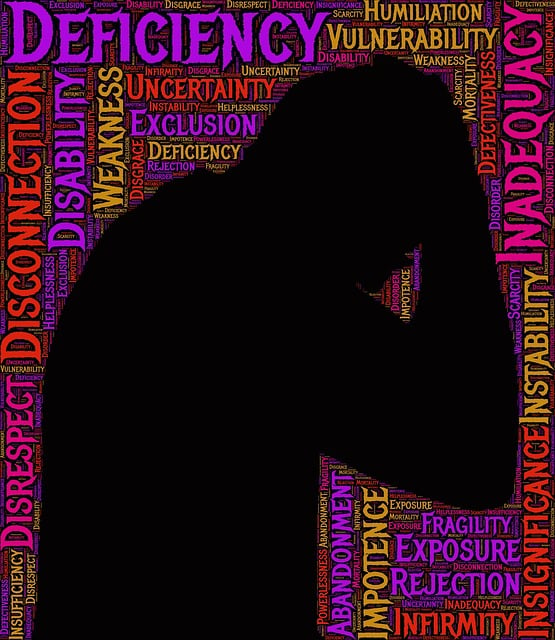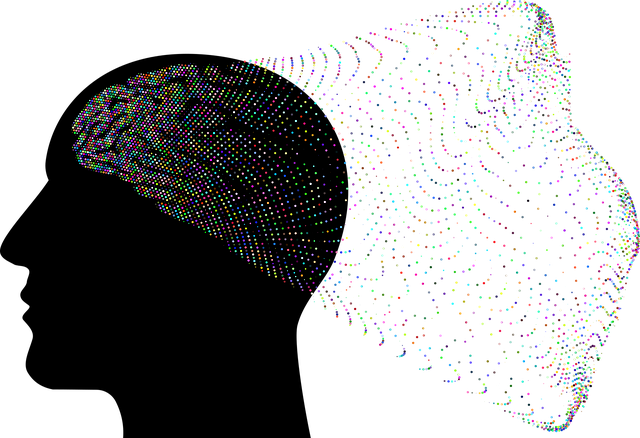Understanding Mental Health Data through diverse sources like clinical assessments, surveys, and social media interactions is a critical initial step in therapy, as demonstrated by Arvada Developmental Disability Therapy. Organizations collect patient demographics, diagnoses, and treatment outcomes to optimize methods, with contributions from schools, workplaces, and government agencies providing broader insights into mental health trends. Accurate data collection and interpretation using standardized tools and reliable sources, even from alternative practices like Mindfulness Meditation, enable personalized treatments, improve patient outcomes, and foster better mental health. Ethical guidelines are vital in this process, balancing insights with privacy protection to avoid bias and disparities, aiming to enhance well-being for all individuals.
Mental health data analysis is a powerful tool for understanding and improving services, especially for those with developmental disabilities. This article explores the process of collecting and interpreting mental health data, highlighting techniques and tools used to gain valuable insights. We focus on practical applications in Arvada, examining how data analysis can inform and enhance Developmental Disability Therapy. Furthermore, ethical considerations are discussed, along with future trends in this evolving field, ensuring responsible and effective mental health data utilization.
- Understanding Mental Health Data: Collection and Sources
- Analyzing Data: Techniques and Tools for Insights
- Interpreting Results: Implications for Developmental Disability Therapy in Arvada
- Ethical Considerations and Future Directions in Mental Health Data Analysis
Understanding Mental Health Data: Collection and Sources

Understanding Mental Health Data is a pivotal first step in any analysis process. This data encompasses a wide range of information collected from various sources, including clinical assessments, surveys, and even social media interactions. For instance, an Arvada Developmental Disability Therapy center might gather data on patient age, diagnosis, treatment outcomes, and qualitative feedback to gain insights into effective therapy methods. Schools, workplaces, and government agencies also contribute to this pool, providing demographic and behavioral data that offer a comprehensive view of mental health trends within specific populations.
Accurate collection and interpretation rely on standardized measurement tools and reliable sources. Professional assessments like those used in Self-Esteem Improvement programs can offer quantitative data on key indicators. Moreover, Risk Assessment for Mental Health Professionals is crucial to identifying at-risk individuals or groups, guiding interventions, and tracking progress over time. Even alternative practices such as Mindfulness Meditation can generate valuable qualitative data through patient journals or feedback forms, offering another lens through which to understand mental health dynamics.
Analyzing Data: Techniques and Tools for Insights

Analyzing data is a crucial step in understanding the nuances of mental health and developing effective strategies. Techniques such as statistical analysis, machine learning algorithms, and natural language processing (NLP) enable professionals to uncover insights from vast datasets. These methods can identify patterns, predict outcomes, and personalize treatments, ultimately enhancing the effectiveness of care. For instance, at Arvada Developmental Disability Therapy, data analysis has played a pivotal role in refining their approach to resilience building.
By employing these advanced tools, healthcare providers can gain valuable perspectives on patient experiences and treatment responses. This enables them to deliver tailored interventions, improve patient outcomes, and foster better mental health. Moreover, the insights derived from data can guide Healthcare Provider Cultural Competency Training, ensuring that care remains sensitive and effective across diverse populations. Additionally, understanding data allows for the development of personalized self-care routine strategies, empowering individuals to take charge of their mental well-being.
Interpreting Results: Implications for Developmental Disability Therapy in Arvada

Interpreting the results of mental health data analysis is a pivotal step for therapists and healthcare professionals, especially when focusing on Arvada Developmental Disability Therapy. These insights can significantly shape therapeutic approaches tailored to individuals with developmental disabilities. By understanding the patterns and trends within the data, therapists can identify specific challenges and strengths unique to each client. This enables them to design personalized interventions that address not only the primary mental health concerns but also any co-occurring issues.
For instance, analysis might reveal cultural sensitivities within the community, emphasizing the importance of incorporating Cultural Sensitivity in Mental Healthcare Practice into therapy sessions. By adapting therapeutic strategies to respect and incorporate cultural values, therapists can enhance engagement and outcome. Additionally, stress management and reduction methods, as indicated by the data, could become integral components of the treatment plan. These evidence-based practices aim to mitigate stress levels, a common challenge for many individuals with developmental disabilities, thereby promoting overall well-being.
Ethical Considerations and Future Directions in Mental Health Data Analysis

In the realm of mental health data analysis, ethical considerations are paramount, especially when dealing with vulnerable populations such as those seeking Arvada Developmental Disability Therapy. As researchers and practitioners delve into vast datasets to uncover insights that can enhance therapy outcomes, they must navigate complex issues related to privacy, consent, and potential biases in data collection methods. Ensuring the confidentiality of sensitive mental health information is crucial, necessitating robust security measures and anonymization techniques.
Looking ahead, the future of mental health data analysis holds both promises and challenges. Integrating advanced analytics and machine learning can lead to more personalized treatment plans and improved patient outcomes, including enhanced Mental Health Awareness and Confidence Boosting. However, it also raises questions about algorithmic transparency, fairness, and accountability. Researchers must strive for inclusive practices in data collection and analysis to avoid perpetuating existing disparities, encouraging diverse perspectives to develop truly effective interventions that promote Self-Awareness Exercises and overall well-being.
Mental health data analysis offers a powerful tool for understanding and improving therapeutic approaches, particularly in the context of Arvada Developmental Disability Therapy. By employing advanced techniques and considering ethical guidelines, professionals can gain valuable insights from collected data. This article has explored the process from data understanding to interpretation, highlighting the potential for enhancing care. As research progresses, responsible data analysis will continue to shape and optimize therapies, ensuring better outcomes for individuals in need, especially within the unique landscape of Arvada’s developmental disability services.












